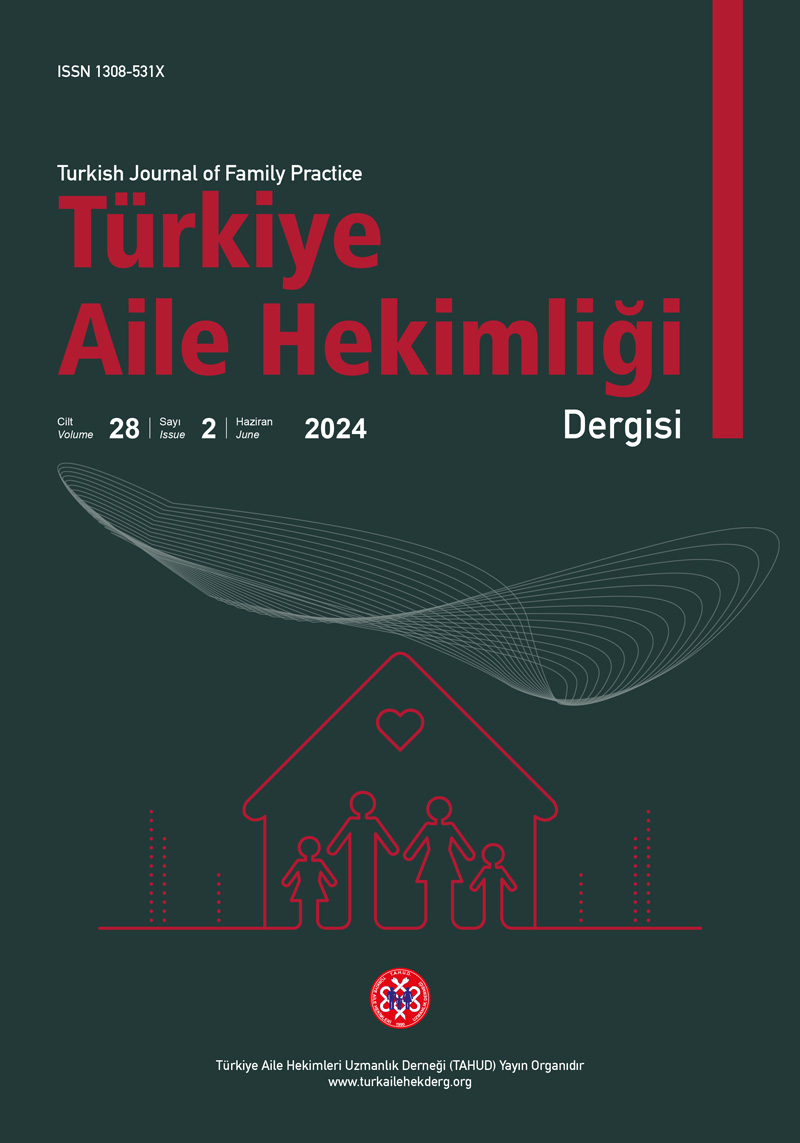Abstract
Objective: Experiencing an increased rate of occurrence recently, the prevalence of Postpartum Depression (PPD) in Turkey ranges from 14 to 41%. Many risk factors that trigger PPD, such as low socioeconomic status, unintended pregnancies, past depression episodes, and lack of education, have been identified. However, due to increasing cesarean section rates all over the world, it becomes important to determine the postpartum psychological effects of cesarean section (C/S). Our goal is to investigate the effects of the delivery method on the development of postpartum depressive symptoms (PPDS).
Methods: A total of 249 patients, the ages of 18-49, within their first 8 weeks of their postpartum period\ when admitted to Obstetrics and Gynecology Clinics of Ankara Atatürk Training Research Hospital from March 1st, 2013 to June 1st, 2013 participated in this study. Edinburgh Postpartum Depression Scale (EPDS) and a survey consisting of 20 questions were applied to the mothers regarding their sociodemographic characteristics such as age, education level, income level, voluntary pregnancy, history of previous depression, type of birth, nutritional status of the baby, and employment status of the mother. The research data was evaluated using the SPSS 18.0 statistical software package. p-value< 0.05 was considered statistically significant.
Results: 22.89% of all mothers (n=57) had PPD. There was no statistically significant relationship between the mode of delivery and the development of PPD (p=0,948). The risk of PPD was significantly higher in mothers who had been working, were 30 years or older during labor, were starting baby food supplements, and were suffering from postpartum breastfeeding problems (p<0,05).
Conclusion: There was no significant relationship between the mode of delivery and the development of PPD. However, a significant increase in PPDS was detected in women aged 30 and over, working mothers, mothers who had problems with breastfeeding after birth, and mothers who fed their babies with formula. Taking these risk factors into consideration, necessary peripartum and postpartum psychological support should be provided to prevent the development of PPD.
Keywords: Pregnancy, Mode of delivery, Postpartum depressive symptoms
Copyright and license
Copyright © 2024 The Author(s). This is an open access article distributed under the Creative Commons Attribution License (CC BY), which permits unrestricted use, distribution, and reproduction in any medium or format, provided the original work is properly cited.










